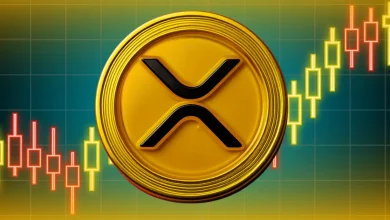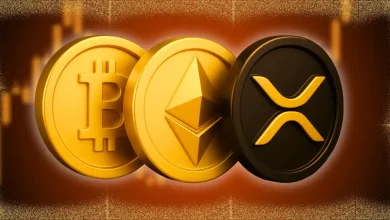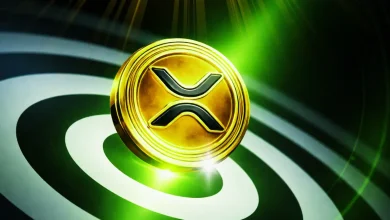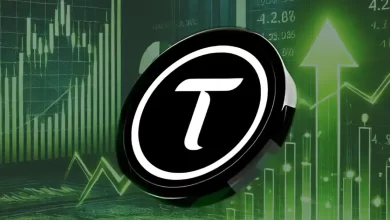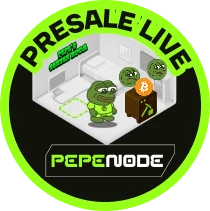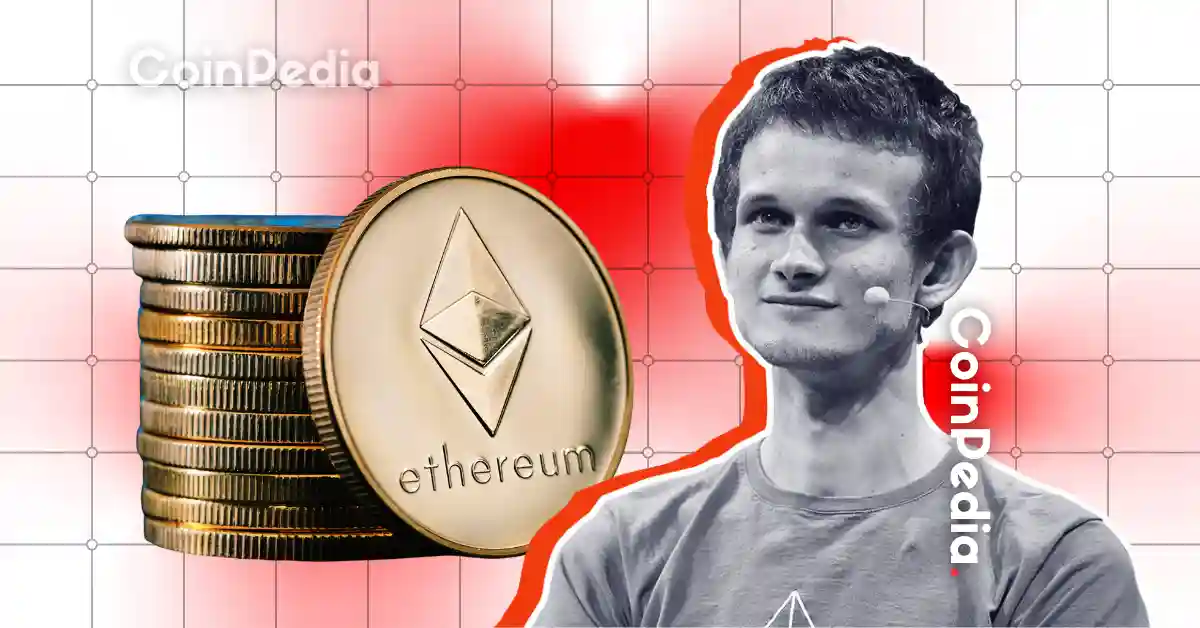
Vitalik’s short-term Ethereum roadmap raises gas limits, boosting transaction capacity without harming decentralization.
Ethereum’s mid-term vision ensures smooth cross-Layer 2 communication, with faster settlements and improved proof aggregation.
Vitalik’s long-term plan emphasizes quantum resistance, formal verification, and a simpler, stronger Ethereum infrastructure.
Ethereum co-founder Vitalik Buterin has once again shared his vision for the future of the network, this time at the Japan Developer Conference. His roadmap touched on near-term fixes, mid-term improvements, and a long-term blueprint that paints Ethereum as not just bigger, but also safer, faster, and simpler for users and developers alike.
Short-Term: Scaling Comes First
In the immediate future, Vitalik’s focus is on scaling the Ethereum mainnet (L1). This includes raising the gas limit to allow more transactions per block, while making sure decentralization isn’t compromised.
Meanwhile, tools like ZK-EVMs, gas repricing, and block-level access lists are expected to improve speed and efficiency without sacrificing the network’s core values.
Mid-Term: L2s Must Work Together
Beyond scaling, Ethereum’s next phase will be about making different Layer-2 networks talk to each other seamlessly. Vitalik highlighted trustless cross-L2 transfers, faster settlements, and better proof aggregation as key upgrades.
With rollups becoming the backbone of Ethereum’s ecosystem, interoperability will ensure users can move assets easily between platforms without relying on third-party trust.
Long-Term: A Simpler, Stronger Ethereum
Looking further ahead, Vitalik’s dream is a minimalist Ethereum, one that is secure, easy to understand, and future-proof against quantum computing. Meanwhile, formal verification of protocols and stronger cryptographic tools will help make Ethereum more reliable as the base layer of decentralized applications.
Privacy Gets Attention
Vitalik also spoke about privacy, a feature often overlooked but deeply important for real-world use. From payments and voting to DeFi operations, Ethereum plans to use zero-knowledge proofs, encrypted voting, and mixing techniques to hide transaction details.
Even reading data from the blockchain will have privacy protections, so users’ activity patterns aren’t exposed.
Trust with CoinPedia:
CoinPedia has been delivering accurate and timely cryptocurrency and blockchain updates since 2017. All content is created by our expert panel of analysts and journalists, following strict Editorial Guidelines based on E-E-A-T (Experience, Expertise, Authoritativeness, Trustworthiness). Every article is fact-checked against reputable sources to ensure accuracy, transparency, and reliability. Our review policy guarantees unbiased evaluations when recommending exchanges, platforms, or tools. We strive to provide timely updates about everything crypto & blockchain, right from startups to industry majors.
Investment Disclaimer:
All opinions and insights shared represent the author's own views on current market conditions. Please do your own research before making investment decisions. Neither the writer nor the publication assumes responsibility for your financial choices.
Sponsored and Advertisements:
Sponsored content and affiliate links may appear on our site. Advertisements are marked clearly, and our editorial content remains entirely independent from our ad partners.

